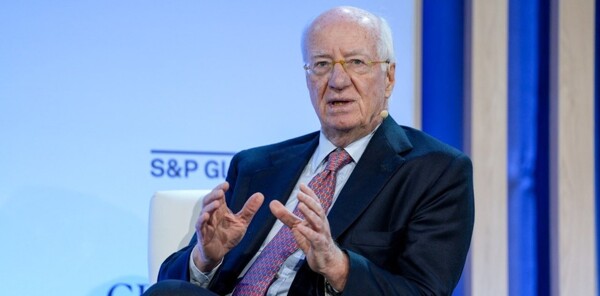
The Government of Argentina signed the Decree of Necessity and Urgency (DNU) to authorize an Extended Facilities program for ten years with the International Monetary Fund (IMF). According to Article 2 of the Law for Strengthening the Sustainability of Public Debt, any financing program with the IMF will require express approval from the Honorable Congress of the Nation.
The discussion revolves around whether Congress must approve the amount of the program or only the credit operation. While the Government maintains that Congress does not have to endorse economic plans, only the credit operation, the law stipulates that all credit operations with the IMF must be approved.
According to the IMF, sending the agreement to Congress is a decision of the Government, as it is a requirement of national law. Although the organization does not require Congressional approval itself, it emphasizes the importance of having broad political and social support to ensure the implementation of the program. However, the text does not detail the amount of indebtedness, which should be approved by Congress.
The Government argues that the law requires the approval of any financing program with the IMF, but it does not imply that Congress has to support the specific terms of the agreement. The IMF board is expected to approve the program once an agreement is reached, although negotiations are still ongoing.
Regarding the debt and the fresh funds that would be obtained with the new program, there are no concrete details about the amounts, but it is estimated that they could reach around $20 billion or more, with an initial contribution of about $8 billion. In the previous agreement with the IMF, Congressional approval was sought, although it was ultimately not achieved due to opposition.
The DNU signed by the Government to authorize the agreement with the IMF has generated controversial opinions about whether Congress should endorse the program in its entirety. This situation could be relevant for the IMF, and a response from the international organization is expected.













